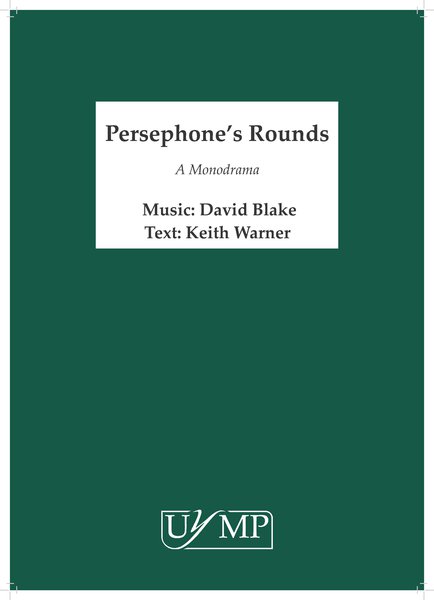A Monodrama
Part three of a tetralogy
There’s one inescapable truth facing all of us: the goddess of death is on her way. We don’t like to admit it but the great leveller is out there lurking about. We spend a lot of our time trying to dodge her gaze. Nowadays, in civilised society, we hide away the dead and the dying and try to avoid them; placing the experience into discreetly hidden boxes. Undertakers arrive in the dark, during the early hours, to remove our corpses so that no one more than necessary will get upset. You can live through your entire life without seeing a death, until your own, that is – and the best part of that you will also, most probably, miss. But in our final hour, we might glimpse, folded in the shadows at the corner of the room, another figure, the last person we shall ever meet: Persephone.
Above and beyond all this carnage, she floats by and picks up each individual. She is the real taker-under. She harvests endings, and with her welcoming smile takes it upon herself to turn each ending into the manna of a little relief. Unlike us, and against any sensible professional detachment that her job should demand, she announces death and cares, for a fleeting moment, about each and every one of the hapless souls she ushers into darkness. This takes its toll, as she acknowledges their story and takes a few moments to mark their loss.
Although the most contemplative of our monodramas, this therefore needs to be acted out all the more. She must see the dying and make us see them too. She must talk to them, tell us about them, improvise their eulogies, all the while, helping us to be aware of the very thing we like to keep hidden: that death is very close, special, and yet everyday. Very like birth, which we find easier to accept and celebrate. Persephone is therefore very much a loner, who will chill and then warm us in turn. When our time comes, we will be looking out for, and hopefully, will appreciate her words.
Please take note: this piece was written by two old men.

